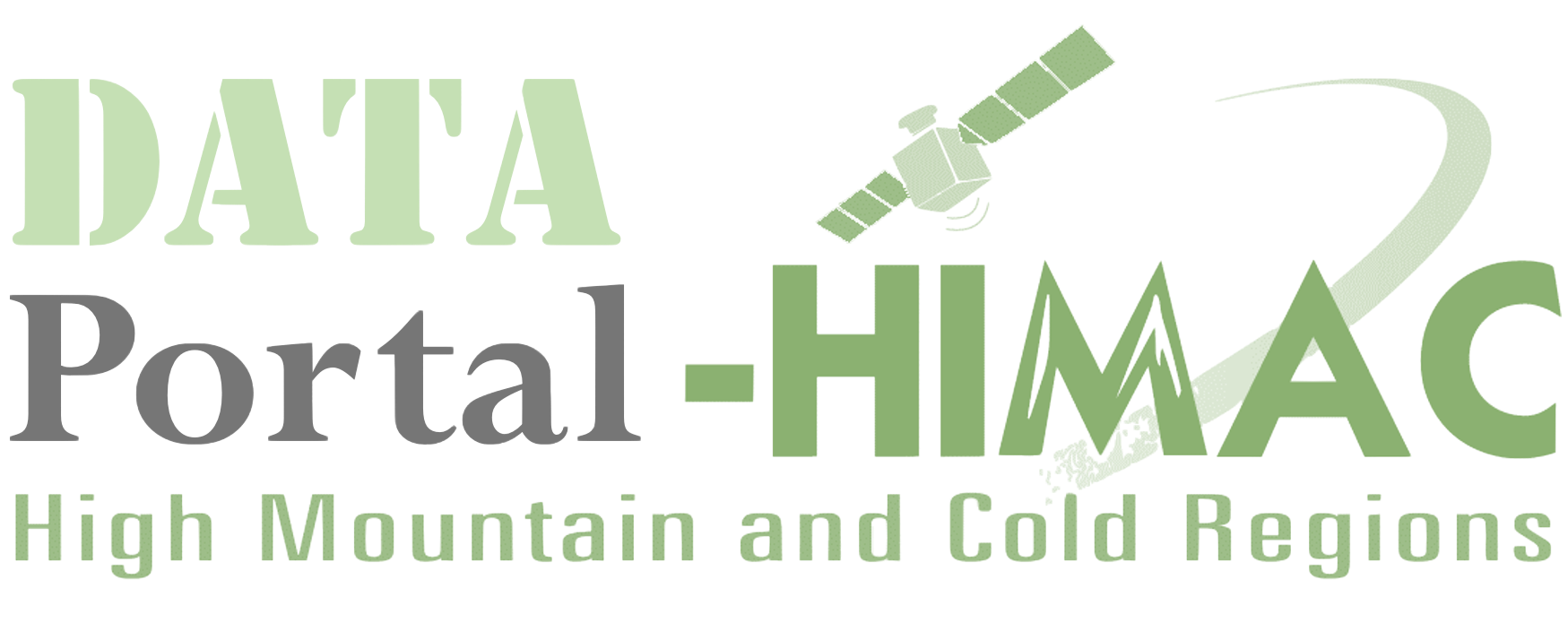The Marine Geoscience Data System (MGDS)
Data and Resources
Additional Info
| Field | Value |
|---|---|
| Source | http://www.marine-geo.org/index.php |
| Last Updated | May 26, 2021, 02:26 (UTC) |
| Created | October 6, 2020, 09:55 (UTC) |
| Country | USA |
| Data Management | All NSF proposals must incude a document of no more than two pages uploaded under "Data Management Plan"in the supplementary documentation section of the proposal. This supplementary document should desc ribe what data/samples willbe collected, what analyses will be done, and how the project will provide open and rapid access to samples, data, derived data products (e.g. models and model output), and other information on the project during and after the project's completion. Some types of data may be considered"final"at different stages of processing in different fields. Thus, PIs should define, in their data management plans, in what state they would consider their data to be final and ready for public access. In addition, the Data Management Plan also should specifically discuss how the investigators will achieve the specific EAR data archiving and reporting requirements described in this document. If the project is not expected to generate new data, samples or derived data products, the Data Management Plan should include a statement that no detailed plan is needed, accompanied by a clear justification. See the PAPPG for additional information. Some programs within the Division of Earth Sciences have specific guidelines regarding data and sample acquisition, permitting and repository. Please see the relevant program solicitation and consult with the cognizant Program Director for further information. |
| Data Policy | All proposals must include a Data Management Plan that describes how the project will provide open and rapid access to quality-controlled and fully documented data and information during and after the project. This plan must be included as a Supplementary Document and be consistent with NSF's policy on dissemination and sharing of research results (https://www.nsf.gov/bfa/dias/policy/dmp.jsp) and also NSF's Grant Proposal Guide. The Data Management Plan must specifically discuss how the investigators will achieve the following data archiving and reporting requirements. The Office of Polar Programs policy requires that metadata files, full data sets, and derived data products, must be deposited in a long-lived and publicly accessible archive. Information regarding appropriate data centers can be found on the Office of Polar Programs web-site or through contact with the cognizant Program Officer. Except as noted below, all data and derived data products must be provided to a data center within two years of collection or by the end of the award, whichever comes first. Any limitation on access to the information beyond these dates that is anticipated at proposal submission must be based on compelling justification and documented in the Data Management Plan. Any such limitation on access that arises following award is subject to Program Officer approval with documentation in NSF record systems. |
| Data Sharing Principle | The Division of Earth Sciences is committed to the establishment, maintenance, validation, description, and distribution of high-quality data sets. Per the NSF policy on Dissemination and Sharing of Research Results, as stated in the Proposal & Award Policies & Procedures Guide (PAPPG), Principal Investigators (PIs) are expected to share with other researchers, at no more than incremental cost and within a reasonable time, the data, samples, physical collections, and other supporting materials created or gathered in the course of work under NSF grants. |
